“People can be so insensitive and mean. Do they realize what they’re saying?” Janet said, wringing a napkin in her hands.
Janet’s daughter Courtney was a tough and determined survivor. Diagnosed with lymphoma in her late teens, Courtney battled through treatment regimens, kept her spirits up, and dedicated her life to serving others. One Thursday afternoon while she was having lunch with friends, she suddenly lost consciousness and stopped breathing. Courtney was 37.
“Words can cut deep,” Janet continued. “Some people mean well, but others can be cruel. I miss Courtney. I always will. How can I not grieve?”
Some people can be toxic
The death of a loved one will powerfully impact our relationships. Some people will step up and be helpful. Others will disappear. Still others might be hurtful or demeaning.
Many people are scared, anxious, and living on the emotional edge. Some are surly, angry, and bitter. The pain tends to spill out in what we say. Words can be sharp and cutting, even cruel.
“Are you still grieving? What’s wrong with you? Pull it together.”
“Life goes on. You should be over this by now.”
“I thought you were better and stronger than this.”
“People die. It’s part of life.”
“Isn’t she better off now? You should be happy.”
We’ve all heard similar, equally shocking examples we could add to this list. Why do people say these things? Are they afraid of pain? Has our grief triggered unresolved issues from their past? Has our loss unearthed some buried terror? Are they just mean?
It’s important to realize that what people say is mostly about them – their emotions, fears, hurts, anger, and pain. People who utter unkind, toxic statements are revealing something about themselves.
Our hearts have been shattered. The last thing we need is someone tromping into our lives and smashing the remaining pieces. We need support, compassion, and hope.
3 Ways to Deal with Unhelpful, Critical People
First, get around people who are helpful to you and limit exposure to those who aren’t. We don’t have time, energy, or space for toxic people. Their voice hinders grieving, recovery, and healing. They are best avoided. If we can’t (family members or work associates, for example), we need to devise a survival strategy for when we have to be around them.
Second, be proactive and plan your response when critical people strike. How do we respond to the toxic statements of others? One option is to not respond at all. Simply walk away. Unkind statements often don’t deserve a response. In most cases, almost anything we say will only become gasoline on a fire. Toxic people are often bitter, angry, and looking for a fight. Firing back at a toxic person usually only leads to being shot at again.
If we feel we must say something, it might be best to come up with a canned response. “Thanks for your concern.” “Yes, I’m still grieving. I always will.” “I’m working on it.”
Third, do your best to realize that the critical person’s words and actions are about them, not about you. Sometimes, I have to tell myself, “This is about them. I wonder how they have been wounded and what drives them to behave this way?” Great pain is at the root of most critical and toxic relational patterns.
A quick summary:
- Get around helpful people who inspire you and limit your exposure to harmful influences.
- Be intentional and plan how you will respond when critical people attack.
- Breathe deeply, and remember that whatever causes them to do this comes from inside their hearts, not yours.
We can’t control the words or actions of toxic people, but we can limit the access they get to our hearts.
“I’ll avoid toxic people and get around those who are helpful to me. My heart is too important not to.”
Adapted from the 2017 Best Book Awards Finalist and Amazon Bestseller, Shattered: Surviving the Loss of a Child.
Question: Have you encountered critical, toxic people in your grief? What have you found helpful in dealing with them?
Additional resource: Loneliness is a huge issue in grief. Please check out my article on Happify, 5 Crucial Truths for Overcoming Loneliness in the Digital Age. You are not alone. You will make it through this.



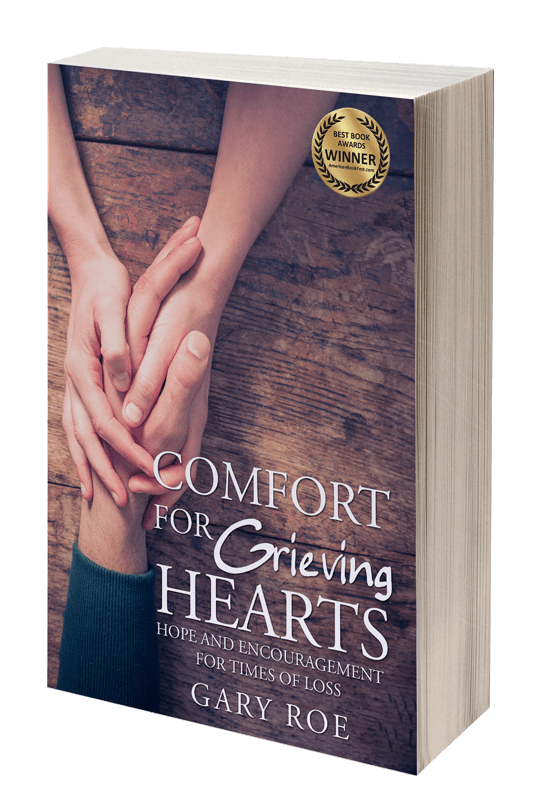
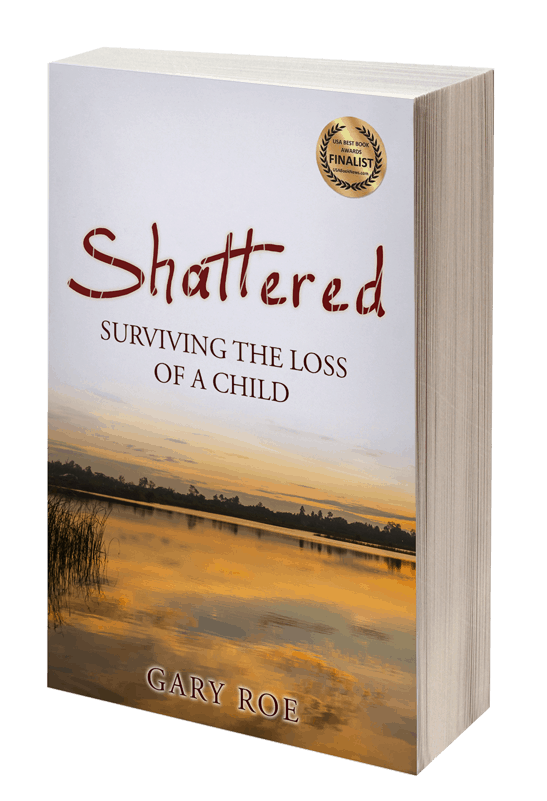
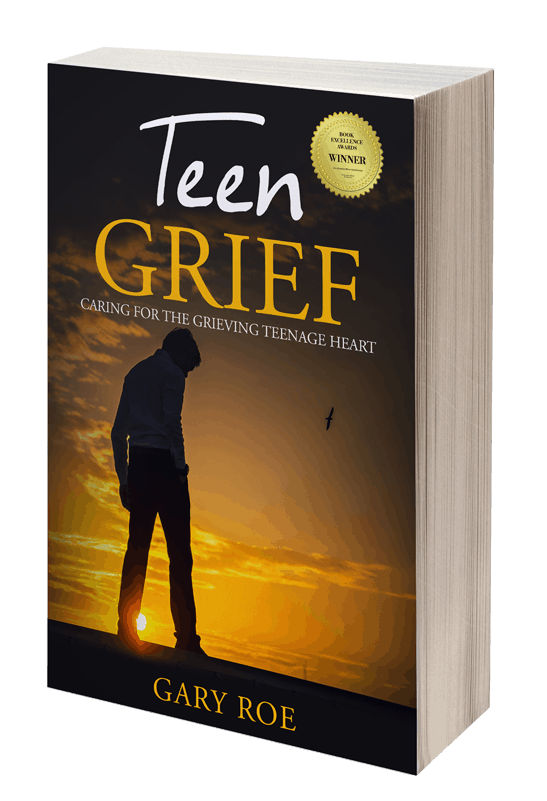
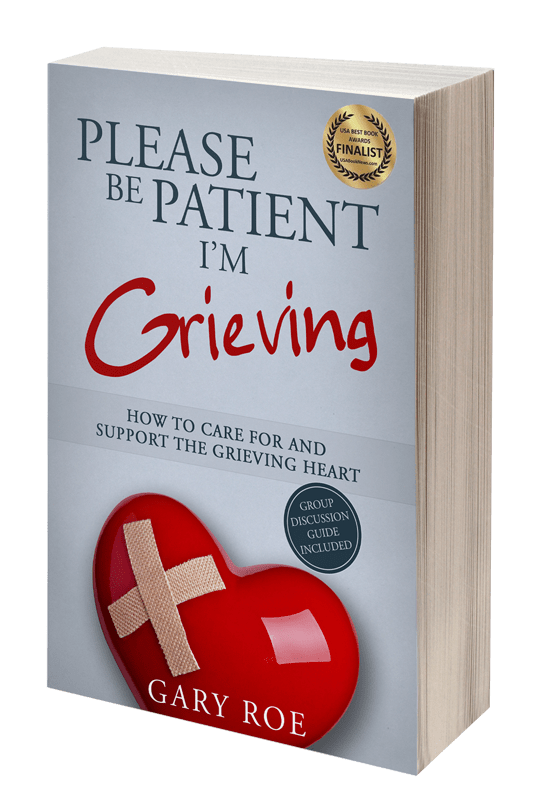
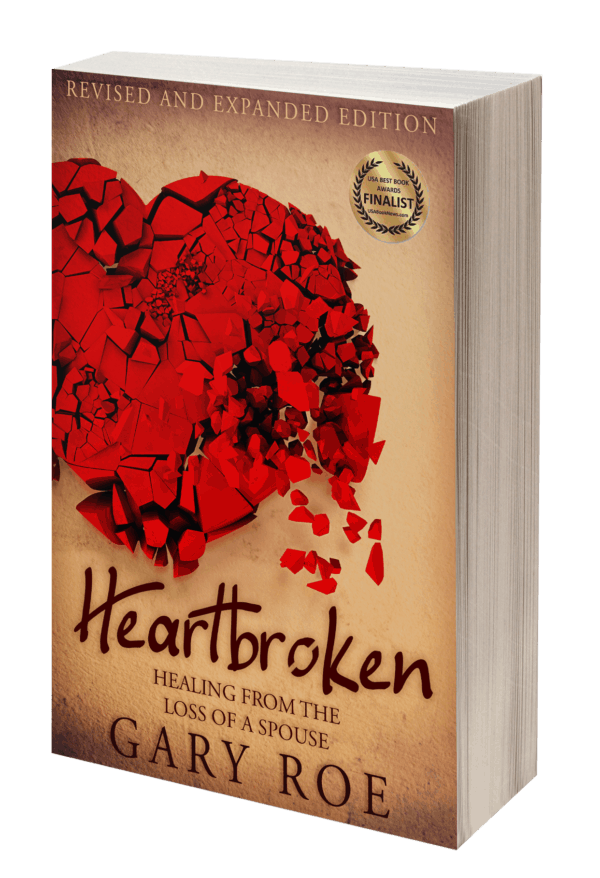
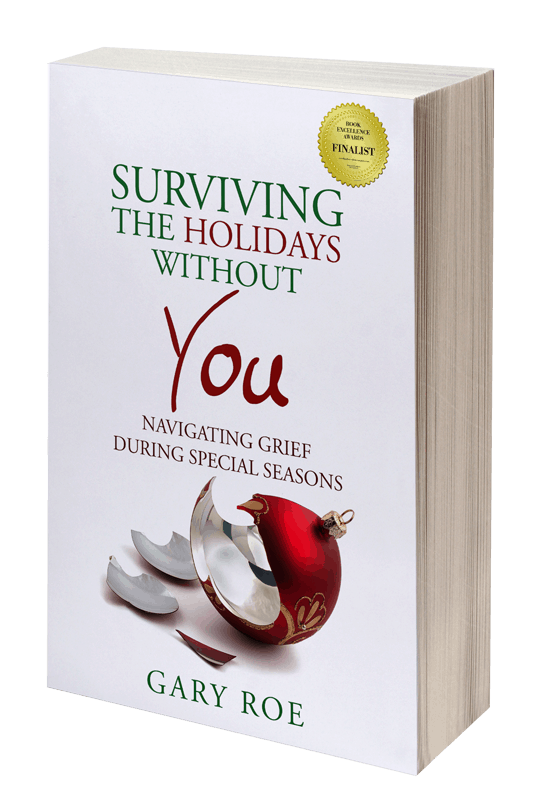
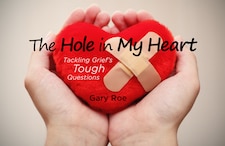
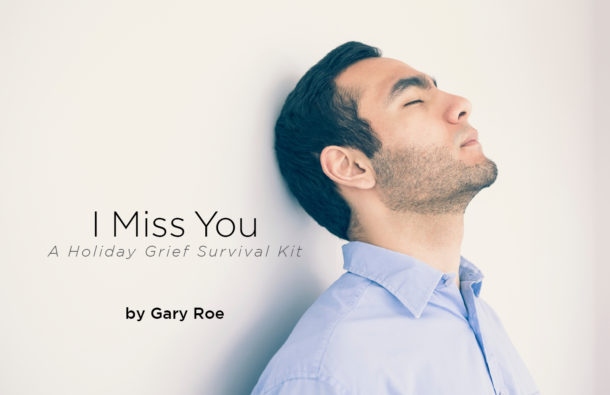
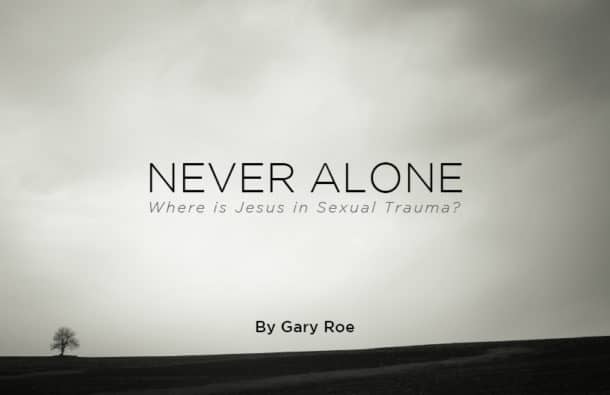

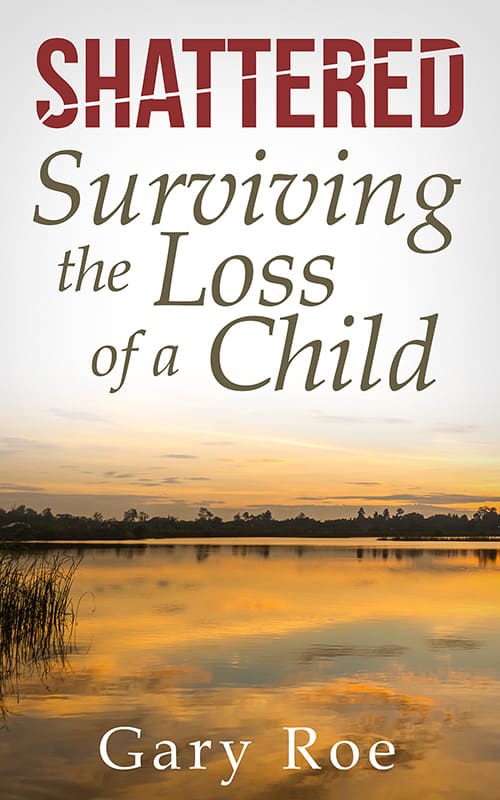
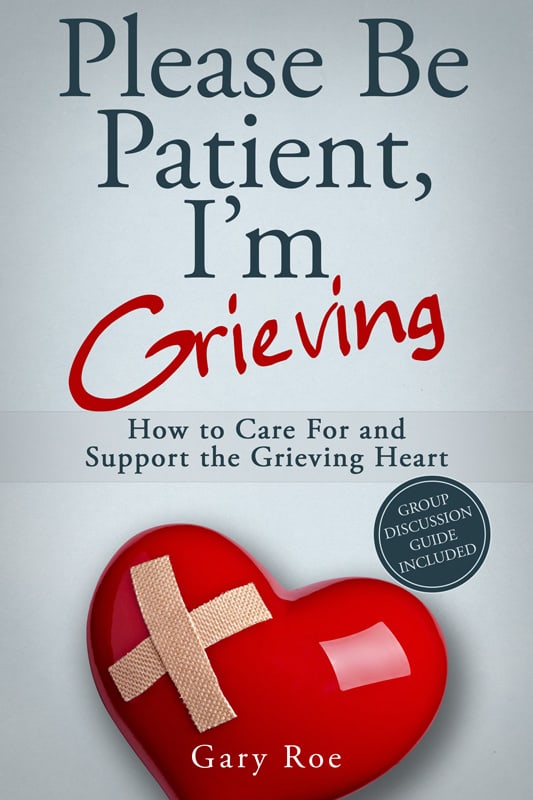
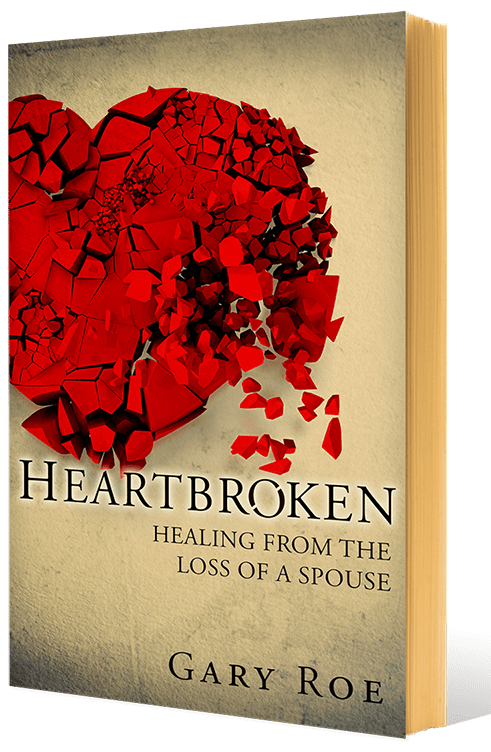
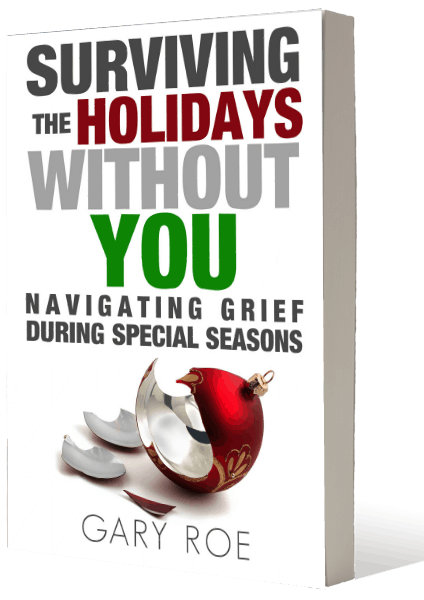
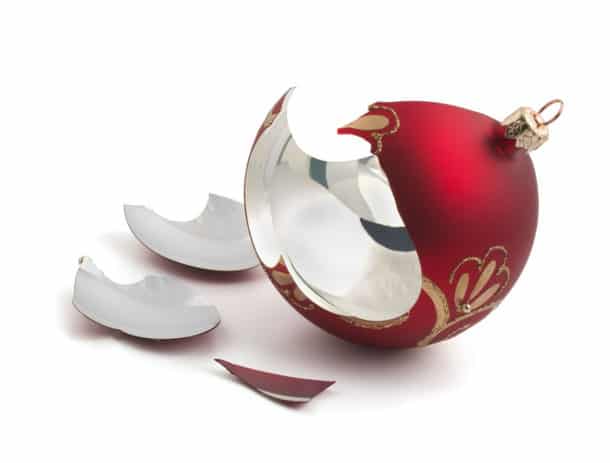
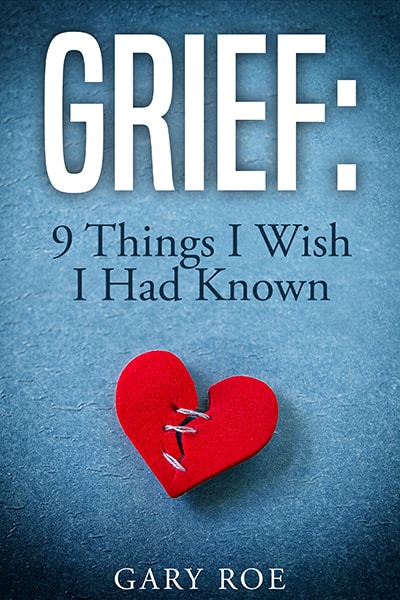
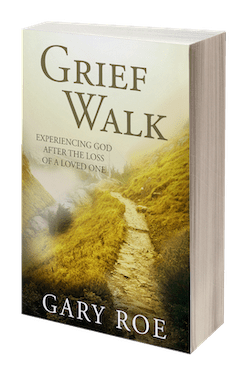
I’m slowly learning to just walk away. Sometimes I’ll speak my peace because I figure I’ll never hear from them again anyway. My biggest disappointment was one of my husbands sisters. I recently emailed her and the other sister my plans for honoring my husband for his birthday. This sisters reply was so angry, like I implied she wouldn’t remember. Farthest thing from the truth. Maybe because on his angelversary, her email was only about the weather and her pool exercise class, to which I didn’t reply. Anyway. This last email was the proverbial straw. As much as I don’t want to lose a link to my husband, I’m done with her and her self absorption. Thanks for your emails and FB posts and the opportunities for us to get stuff off our chests.
HI Barb. I’m so sorry. Sigh. People can, I guess, be so afraid of grief and pain. I hope you’re finding ways to continue to “get it out.” We can’t afford to let our hearts so silent. Blessings to you, Barb.
I work with 2 people like this and it is so difficult some days! I try to stay busy and not let it bother me and pray constantly. I know it’s them and not me, as they have no idea what I am going through after losing my 30 year old son. Thanks Gary for all you do!
HI Cindy. I’m so sorry. Thank you for your patience and kindness toward them – it comes across in your words. It’s hard to keep releasing those looks and comments, one at a time, over and over and over again. I’m proud of you! And thank you for your encouragement! Blessings to you…
I have a question which that concerns me deeply. I had the sudden loss of my husband. It was three years this past November 2017. My mother never seems to say anything when I speak of my husband. I think she feels that I should be moving on, she never really talks about him. She acts as though I should be moving on with my life. I never really try to talk to her about missing my husband or anything like that anymore. I know she should realize the pain that I feel of being alone without him at this time. She lives in another state, I call her often. She calls me too. I visit when I can.
She has lost my brother ten years ago, her one and only son as well as her husband , my dad over twenty years now. I understand her loss and pain.
She acts as though my life is the same as it always was. So far from the truth. My sisters will talk about my husband and other family members and friends will talk about him. Thank you.
HI Janet. Thank you for sharing. I’m so sorry about this. The loss of her husband is more than enough without this ripple effect too. Most likely, you loss reminds your mom of her losses, and she is feeling it – and isn’t wanting to go there. Sometimes we think it’s easier to stuff it and move on – but the problem is that our hearts don’t move on, and our grief leaks out any way in unknown ways. I’m glad some of your family asks about your husband and are supportive in this. All we can do is try to meet people where they are and engage with them there. And if that’s too painful, then sometimes we have to pull back a little. The important thing is having enough safe, supportive people in our lives that our needs for sharing and being listened to are met somehow. It hurts though, for someone so close to not be willing to draw close to us in our pain, especially when they too know what it’s like. I’m so sorry. Please be patient with yourself and kind to yourself in this. Blessings to you, Janet.
Thank you for this article. I heard most of these comments even BEFORE my beloved passed. We were in a decade long relationship. People thought it was ok because we were in a complicated relationship, he was older and had suffered a stroke and was in the hospital. When he did pass, it was ‘he’s in a better place’, ‘life goes on’, ‘what did you expect?’, ‘he’s no spring chicken’. I was more ill than he ever was and he worked all day on the day he had that initial stroke. That was not the worst part, his family and friends, took sides, not mine and were downright insulting, bullying, materialistic, hypocritical and borderline psychotic. The worst part was I found out that they were bullying him in his last months here on earth, I mean no one knew that they were his last months, but I wonder about these people. His daughter had passed 5 months before he got the stroke and they blamed his lifestyle throughout the years for her illness and passing, saying that ‘the sins of the father fell on the child’. I could not believe it. Some of these people have said they never knew me, but still trolled me on social media to bully me. Everything happened within the space of a month. I did not attend his funeral, in hindsight, it was for the best, I would have fainted. I completely shut down that day and had to be sedated for the next couple weeks. It took me about 6 weeks to start eating something more than soup and crackers. I still don’t sleep well & wonder if I ever will. The 22nd of this month will make it 6 months since his passing and the 20th will make it 1 year since his daughter’s passing. I have no grave to visit & I would not be welcomed anyways. I have made a small temporary shrine for him and his daughter, my counselor agrees that this is a good thing. I dream them sometimes, that is the only comfort I have. They are always happy, she is always flying around and ecstatic and he always has a loving embrace and comforting words for me. I never knew grief like this. I doubt I ever will again. All the best to those dealing with their grief.
KL
Hi KL. Thank you for sharing this with us. I’m so sorry about your husband. That loss changes everything – and then you had all this other stuff on top of it all, both before and after his death. Ugh. Your story sounds so painful, and lonely. I’m so sorry. I hope you have a few good listeners in your life – people who will just be with you in your pain and support you. Please feel free to email or write any time. Be patient with yourself – as much as you can. This is a tough, hard journey, but you are not alone, and you will make it. Blessings to you…
I ran into this several times. What really hurts is when the toxic person is a family member. I wonder sometimes how they can be so cold.But on second look, I realized they were that way all along. It’s so true it makes a difference to who we surround ourselves with. It can make a tremendous difference in how we feel and function. I guess I’m amazed at doctors who think grief is only for 6 months for a spouse. My mother’s doctor told her at 8 months after “it’s time to get over that and let it go”. She was in for a totally different problem and it wasn’t addressed. Losing someone definitely will curate who our real friends and family are.
HI Jennifer. Thanks for sharing. It’s been said that we are a combination of the 5 people we spend the most time with. I don’t know about that, but who we’re around and what we’re hearing and experiencing such does pack a lot of influence in how we live. I continue to be amazed at the advice given to grieving, hurting people. Wouldn’t it be nice if we all simply accepted each other for who we are at the present moment and loved each other there? Thanks again for sharing. Blessings to you….
I was told, “well, at least you didn’t know her because she wasn’t born yet.” I lost my baby girl at 7 1/2 months gestation. It was horrible…
Hi Kim. Oh no. Yes, I can imagine it. Ugh. I’m so sorry…
I’ve not personally experienced such toxicity, but you have made some suggestions to anyone who has.
Thanks for ALL you do, Gary!
HI Carol. I’m SO glad you have not experienced this. Hope you are doing well. Thankful for you!
Gary, THANK YOU SO MUCH for this article….DEVINE TIMING!!!
Hi Kimberly. You bet. Hope you are doing well!